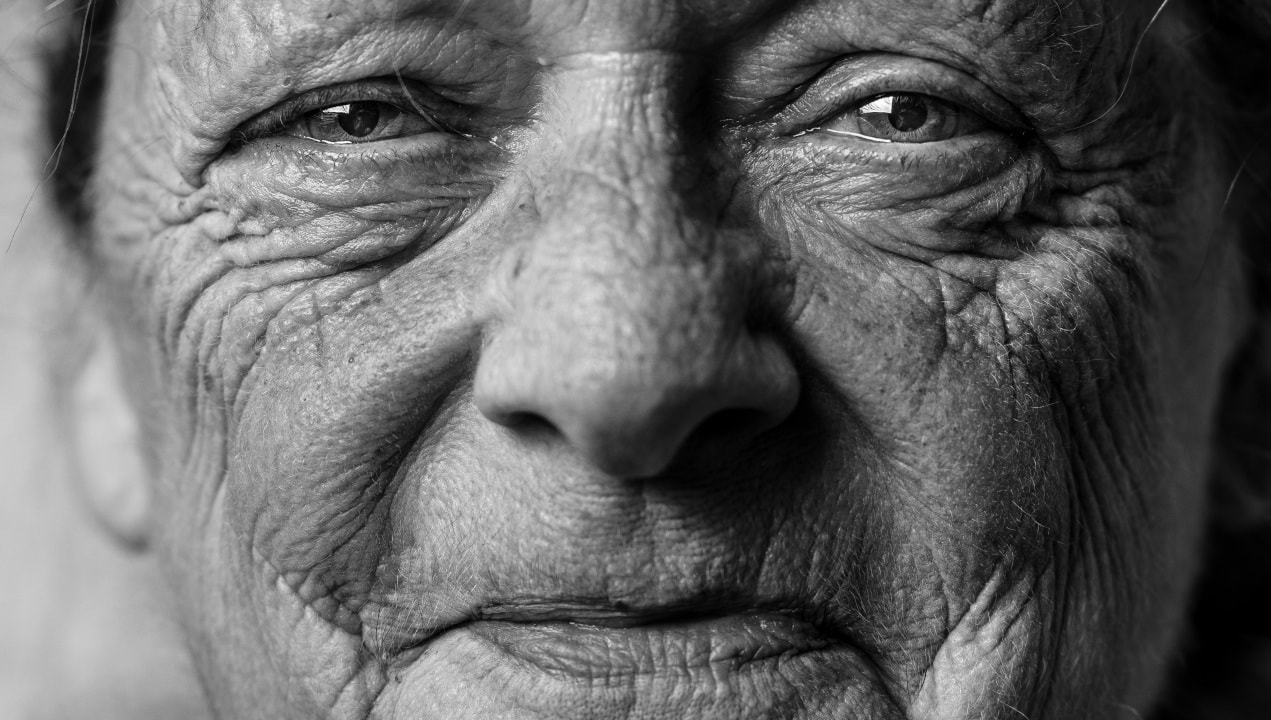When considering seniors care at home, it’s crucial to understand the best practices to ensure their comfort and well-being. You must consider their medical needs, daily assistance, and emotional support. Familiarizing yourself with these aspects can provide a more conducive and nurturing environment for their recovery and care.
Health considerations
Health considerations primarily involve understanding the senior’s specific medical conditions, medication needs, and dietary requirements. Here are some tips to bear in mind when caring for a sick senior at home:
Nutrition and hydration
Proper nutrition and hydration are fundamental. Seniors may have specific dietary needs based on their medical conditions. It’s crucial to consult with a healthcare professional or dietitian to devise a meal plan that is nutritious, balanced, and suitable for their health status.
This plan should accommodate food allergies or intolerances and comply with doctor-prescribed dietary restrictions. Hydration is equally critical since seniors are at higher risk of dehydration due to physiological changes that come with aging. Clear, low-sugar fluids are often recommended.
It’s also important to monitor their eating and drinking habits regularly to ensure they are maintaining a healthy intake. Good nutrition and hydration can help speed recovery, boost immunity, and improve overall well-being.
Mobility assistance
Due to illness, mobility assistance is crucial for seniors struggling with reduced strength, balance, or coordination. This involves helping seniors move around the home safely and comfortably, minimizing the risk of falls or injuries. It’s essential to clear pathways of any obstacles and ensure the home is adequately lit to aid visibility.
For seniors with severe mobility issues, assistive devices such as walkers, wheelchairs, or stairlifts may be necessary. Regular, gentle exercise can also help improve strength and flexibility, enhancing mobility.
Always ensure that any physical activities suit the senior’s health status and perform under professional supervision if required. This active support fosters independence and contributes positively to their mental health by empowering them and instilling confidence.

Photo by Peter Wendt on Unsplash
Emotional support
Emotional support plays a critical role in the overall wellness of sick seniors. Aging and illness can sometimes lead to feelings of isolation or depression; thus, maintaining an open line of communication is paramount. Engage them in conversations, listen to their concerns, validate their feelings, and reassure them.
You can also encourage them to participate in activities like reading, painting, listening to music or watching their favorite movies. Moreover, seniors may find comfort in spirituality or faith-based activities. If the senior is open to it, involving a counselor or mental health professional may be beneficial.
Remember that emotional wellness significantly impacts physical health and recovery, so your emotional support can contribute positively to their healing process. It’s also important to care for your emotional well-being as a caregiver, so seek help or respite care when needed.
Home health care
Home health care is an increasingly popular and effective choice for care, allowing seniors to receive professional medical support while residing in the comfort of their homes. Services include skilled nursing, physical therapy, wound care, and help with daily living activities.
These services are delivered by qualified medical professionals who monitor the senior’s health status, administer necessary treatments, and liaise with healthcare providers to ensure optimal care. Home health care offers a more personalized and adaptable approach to caregiving, catering to the individual’s specific needs and preferences.
Furthermore, it can be more cost-effective than hospital stays or care facilities. It is essential, however, to choose a reputable home healthcare agency to ensure quality services. Always discuss this option with the senior’s healthcare provider to determine if it is the best choice for their situation.
Regular checkups
Regular check-ups are essential in the care of sick seniors at home. These check-ups help monitor their health progress and promptly address any changes in their condition. Regular visits to the doctor allow for timely adjustments to medication or treatment plans, ensuring that these provisions continue to suit their current health status.
Check-ups can also serve as an opportunity to alleviate any anxieties or concerns the seniors may have about their health. Finally, regular check-ups can help prevent potential health complications, as medical professionals can detect early signs of problems and administer appropriate interventions.
Therefore, it’s crucial to schedule check-ups consistently and ensure that seniors have reliable transportation to and from their appointments. The caregiver should also accompany them to these check-ups to discuss the senior’s health status with the healthcare provider and understand any changes to the care plan.
Personal hygiene
Maintaining good personal hygiene is paramount when it comes to seniors care. This includes regular bathing, oral care, skin care, and grooming, all contributing to a senior’s overall comfort and preventing infections. Considering physical limitations, bathing should be done as often as the senior’s health permits. Use mild, fragrance-free products to avoid skin irritation.
Oral care, like brushing and flossing, prevents dental issues. Regular skin checks should detect early signs of bedsores or other skin problems. Grooming activities, like hair combing and nail clipping, maintain cleanliness and elevate the senior’s mood and self-esteem.
Always ensure these activities are performed gently and gradually, respecting the senior’s comfort and personal preferences. Remember, prioritizing personal hygiene is fundamental to providing dignified and quality care for sick seniors at home.
So, take the time to familiarize yourself with their specific needs and consult professionals when necessary. Your proactive involvement can make a significant difference in their quality of life. Now, it’s your turn to take action. Start implementing these best practices today and positively impact your loved one’s life.
Top photo by Glen Hodson on Unsplash

Mark Keast has been a journalist for three decades, starting out as a sports writer and editor for one of Toronto’s largest daily newspapers. Recently he has moved into writing on luxury cars, travel, and Toronto luxury real estate. He owns real estate in downtown Toronto as well, so there’s a vested interest there. Mark spends a lot of his work time connecting with realtors and developers across Canada, staying on top of industry developments.
Check out his stories, and email him direct at mkeast@regardingluxury.com








